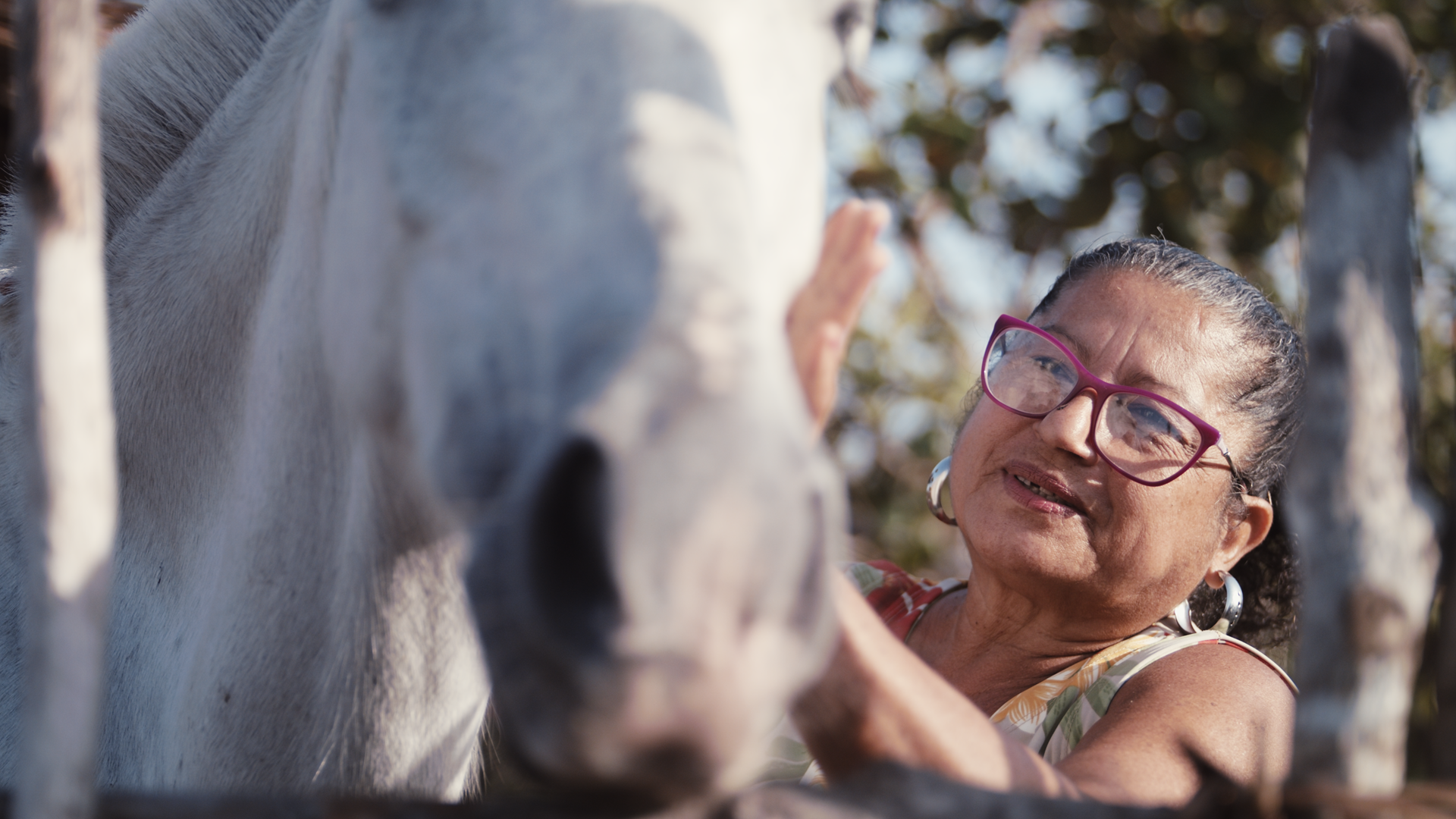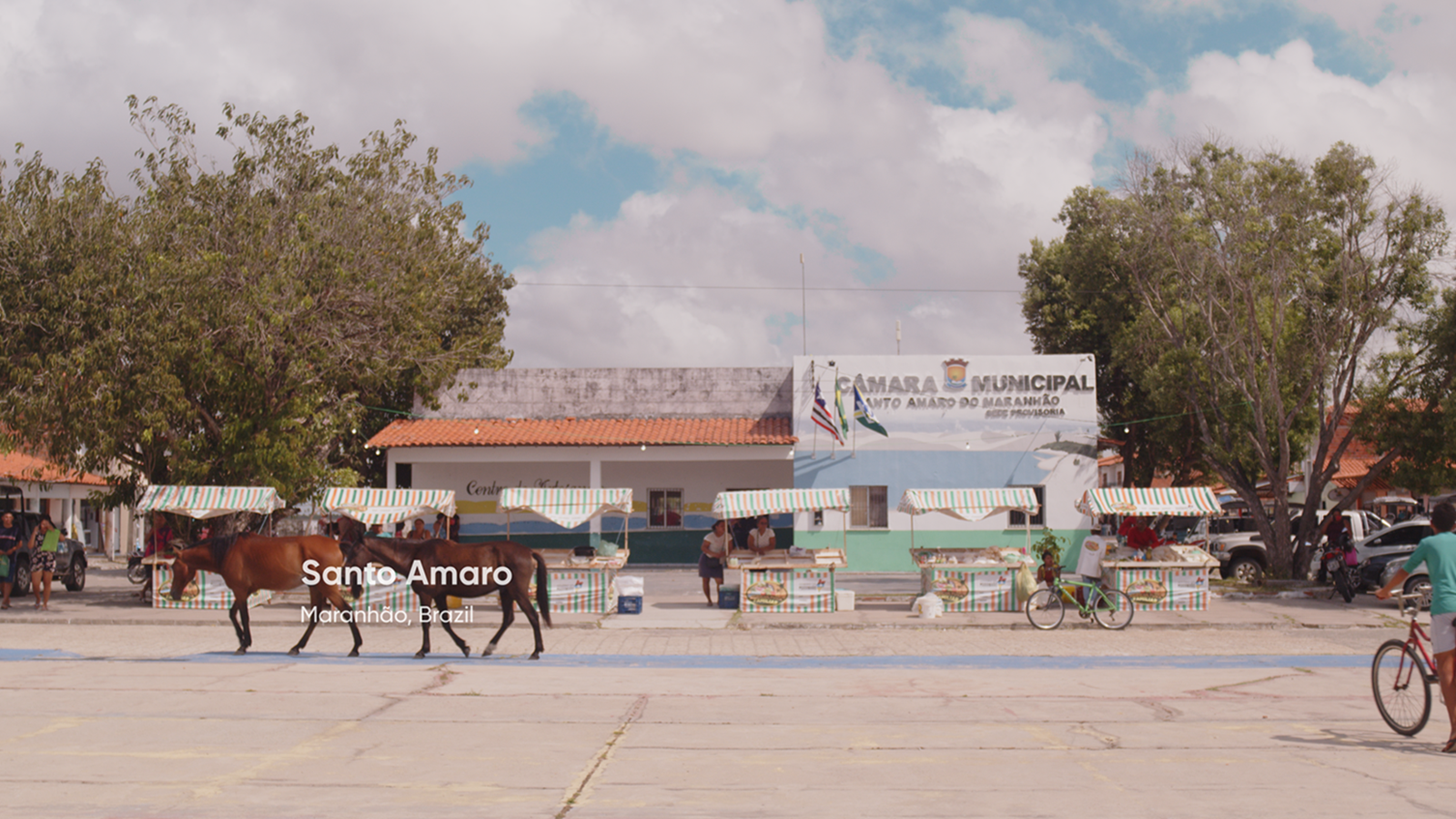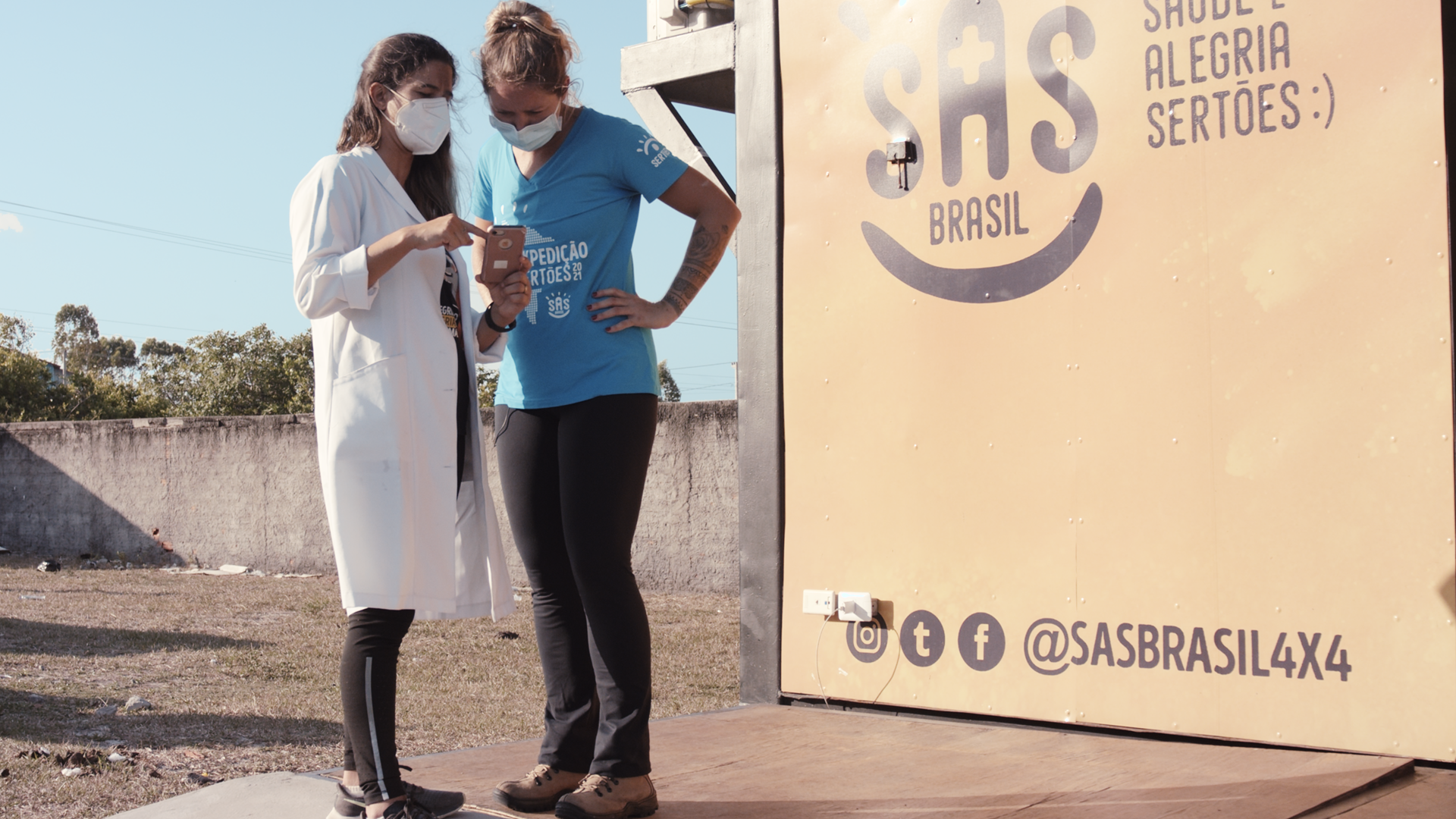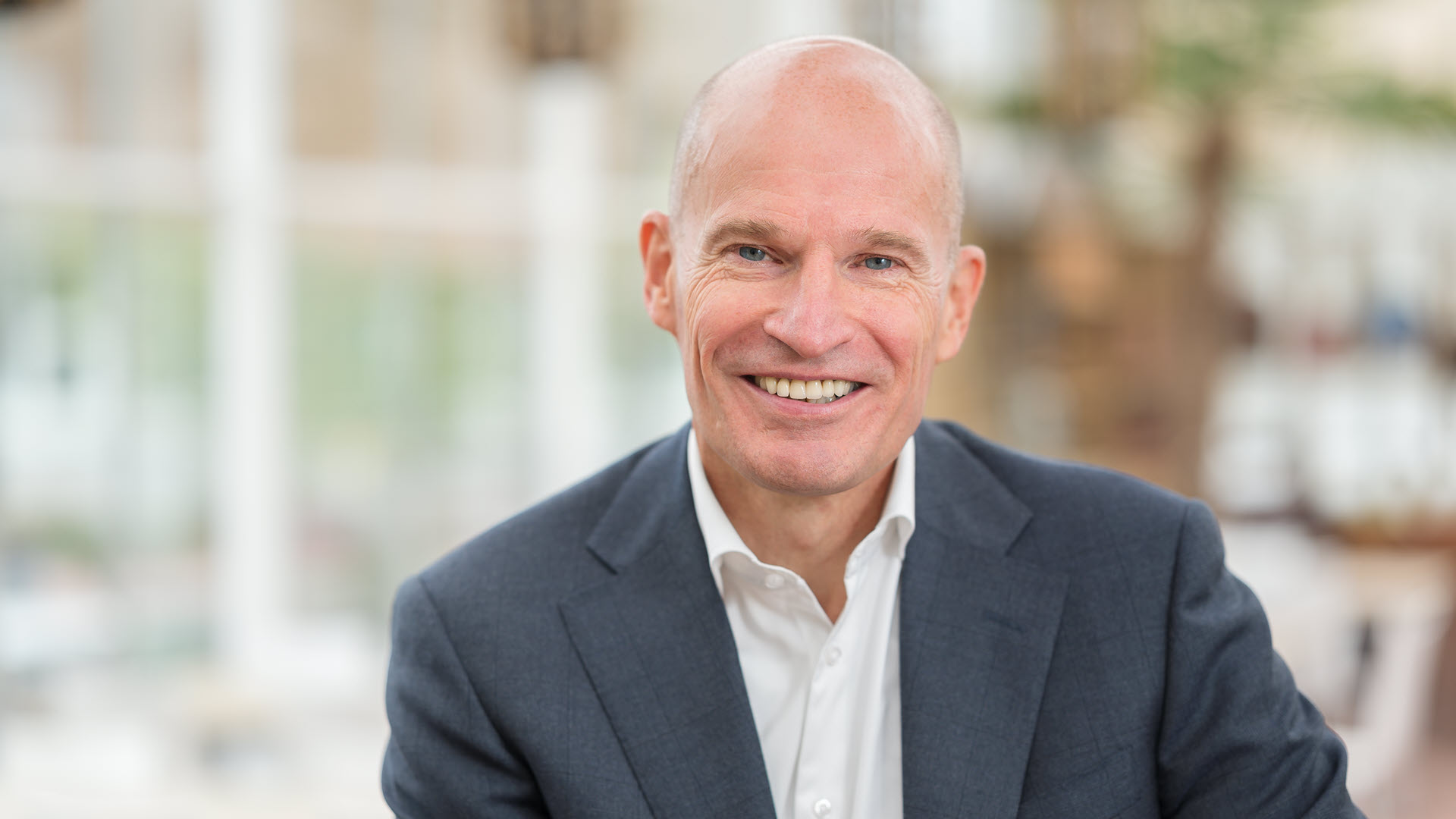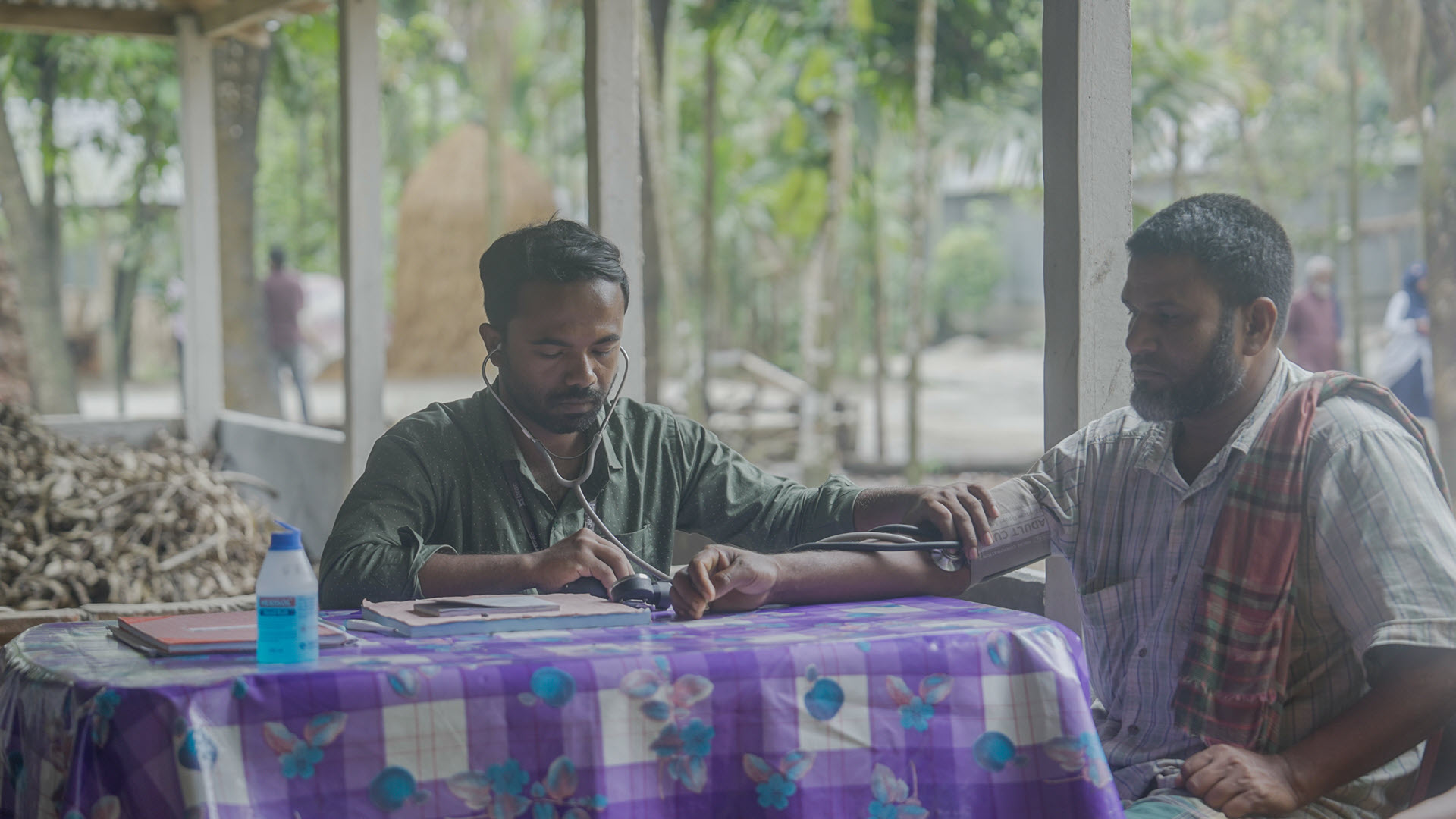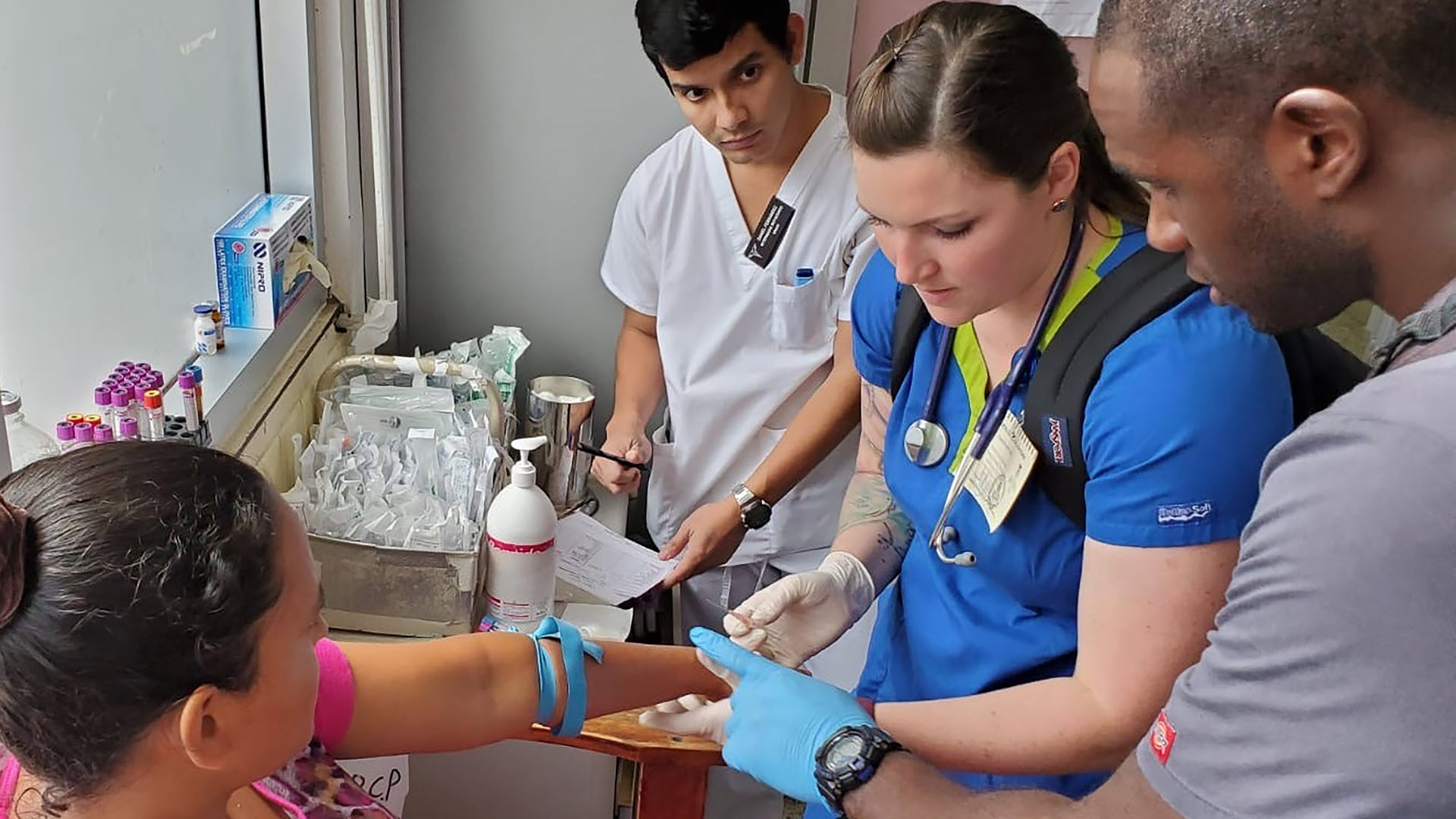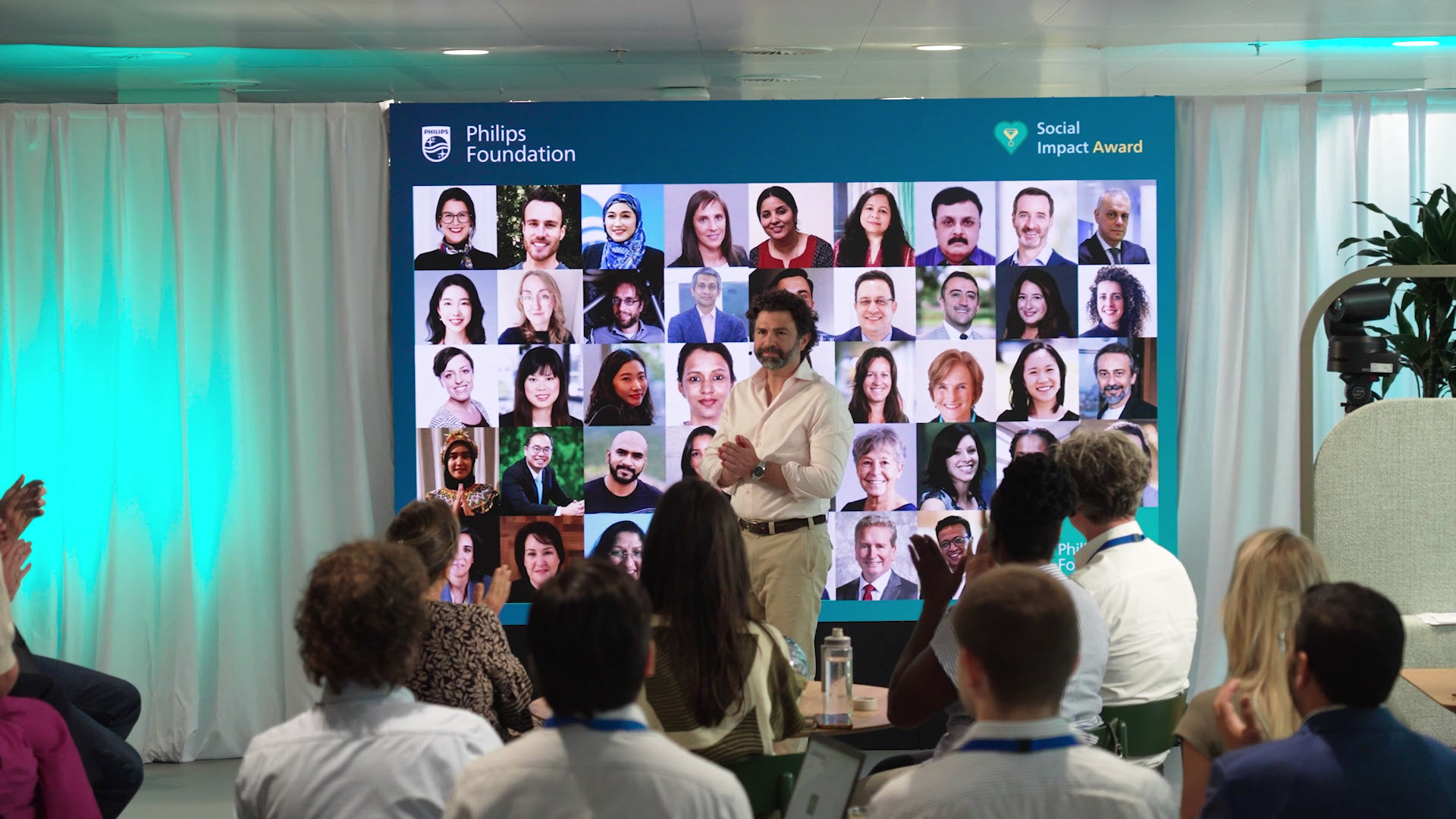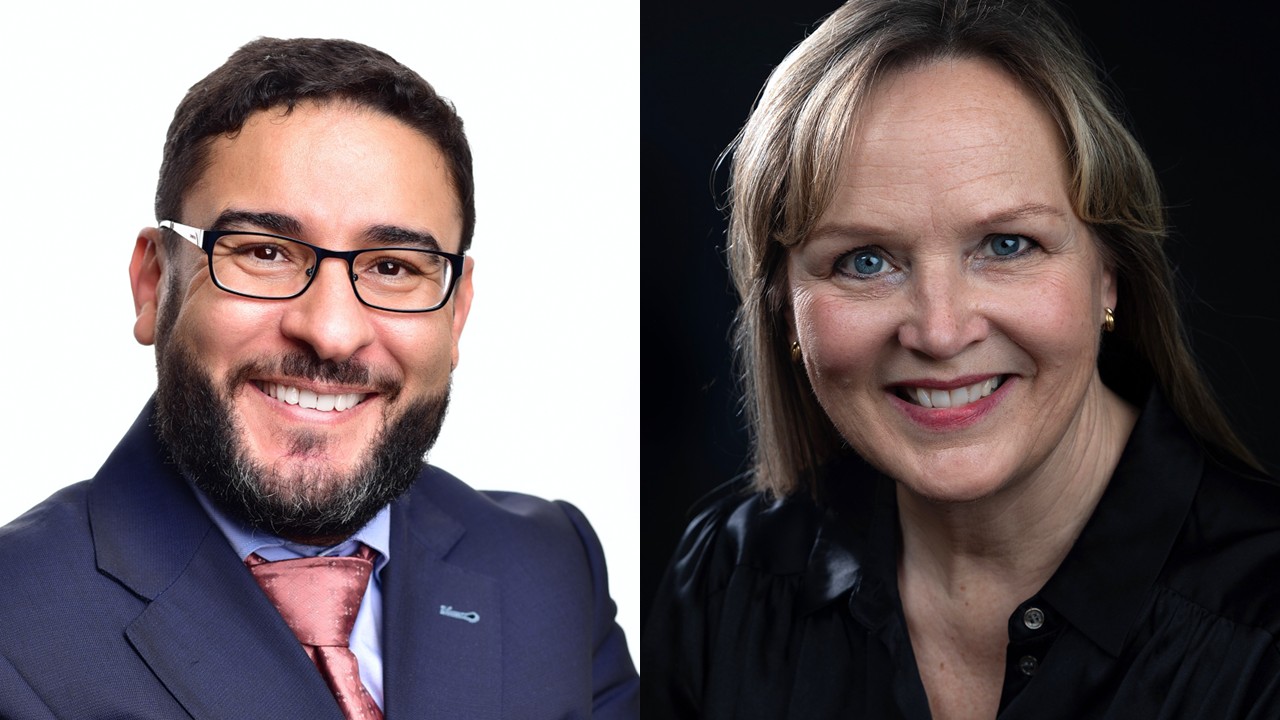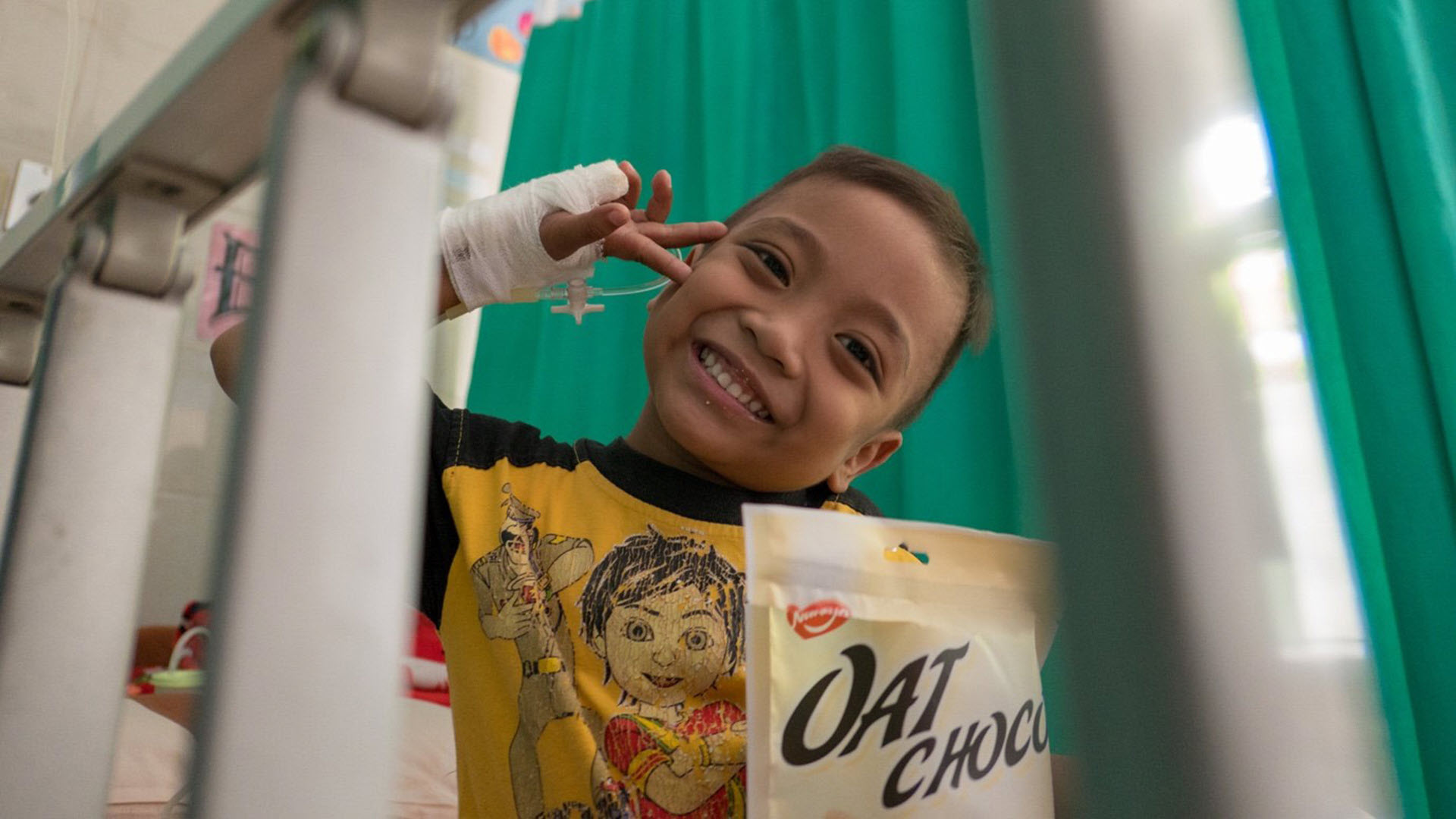Amid a global pandemic, the international healthcare community is presented with a unique opportunity. A chance to reset, reprioritize, and reshape healthcare standards based on equality for all. 930 million people worldwide are at risk of poverty as a result of healthcare expenditure [1]. In Latin America, about 30% of the population does not have access to quality treatments, due to economic or geographic constraints.
In Brazil, the situation is no different. Brazil is a country of continental dimensions; the public health system works well for basic health. Yet, the system’s greatest weakness is access to specialized health. Especially in remote regions, this problem is even more accentuated as specialists are geographically located in major cities.
Non-communicable diseases (NCDs) such as cancer, cardiovascular disease, chronic respiratory diseases, and diabetes account for 70% of mortalities globally [2]. More than 75% of these fatalities occur in low- and middle-income countries, such as Brazil [3]. While in high-income countries, NCDs typically happen later in life. In developing countries, these severe health conditions often affect people already in their working-age, leading to financial insecurity when unable to work.
Introducing a Philips Foundation health-for-all short film
As part of the Facing Forward series, Philips Foundation is delighted to take part in a series hosted by NCD Alliance* to address the rise of NCDs in underserved communities. The series highlights the work of healthcare institutions influencing dialogue and encouraging action within communities burdened by NCDs. In this short film, Philips Foundation-partner Saúde Alegria Sustentabilidade Brasil (SAS Brasil) brings specialized health to remote regions of Brazil through technology and telemedicine.
“In the face of the ongoing pandemic, SAS Brasil has reinvented itself, creating new ways to bring specialized health to those who need it most in Brazil,” Fabia Tetteroo-Bueno, Philips General Manager for Latin America, explains. “At Philips Latin America, we believe that we can improve lives with our innovations. The digitization of healthcare is a huge breakthrough to improve access to care in our region and around the world. With this impactful partnership with Philips Foundation and SAS Brasil, the data we collect will also help us build better solutions to bring even more access to healthcare in some of the most remote areas.”
Watch the short film, set in the rural town of Santa Amaro in Brazil:


